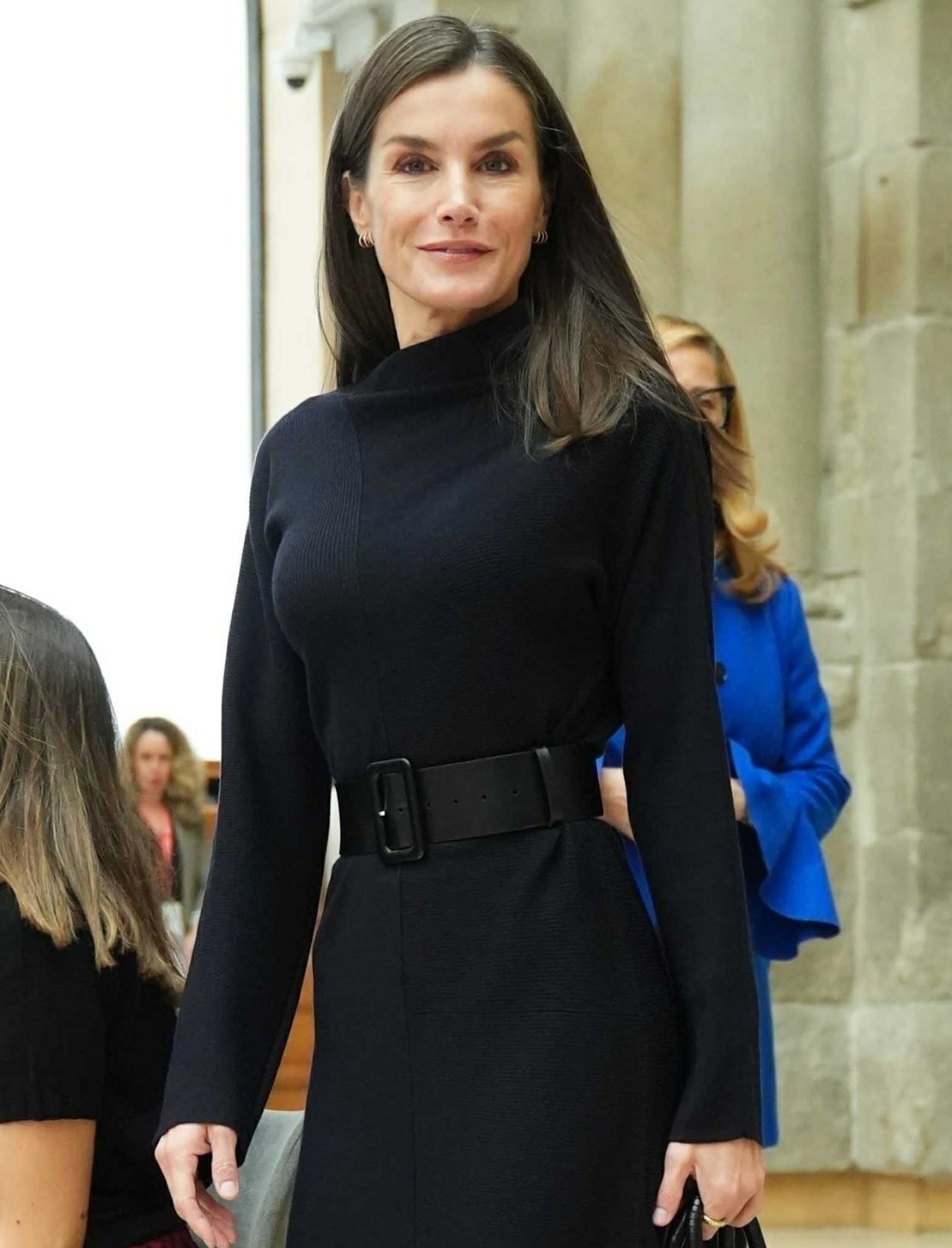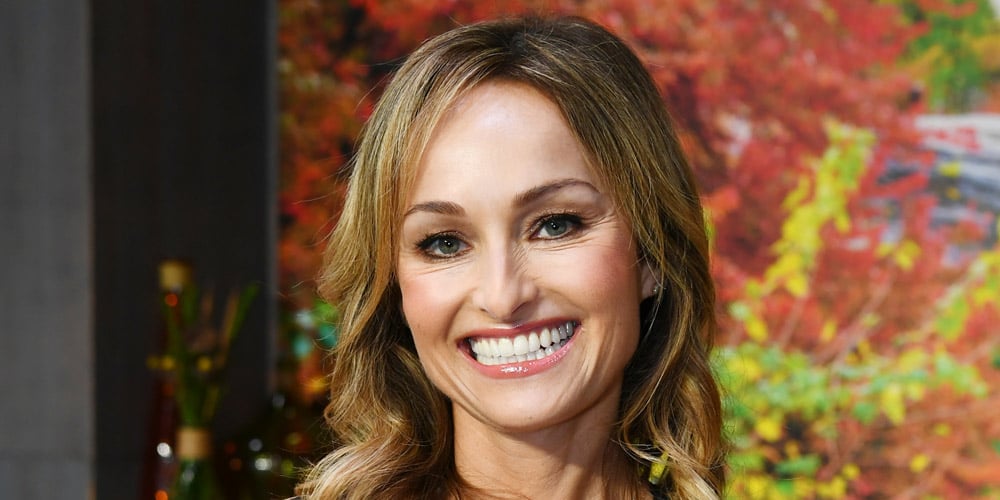ARTICLE AD
Denis Villeneuve is a credited screenwriter on six of the acclaimed features he has directed — including Dune: Part One, for which he received a Best Adapted Screenplay nomination from the Academy but not directing nomination. He is, however, not a fan of dialogue.
“Frankly, I hate dialogue,” the filmmaker told The Times of London in a recent interview. “Dialogue is for theatre and television. I don’t remember movies because of a good line, I remember movies because of a strong image. I’m not interested in dialogue at all. Pure image and sound, that is the power of cinema, but it is something not obvious when you watch movies today.”
Villeneuve then went on to make an even more pointed assertion, especially given the quality of small-screen content over the past two decades.
“Movies have been corrupted by television,” he said.
Describing his ideal situation, the Dune: Part Two helmer said, “In a perfect world, I’d make a compelling movie that doesn’t feel like an experiment but does not have a single word in it either. People would leave the cinema and say, ‘Wait, there was no dialogue?’ But they won’t feel the lack.”
It is, of course, a debate that began about a century ago with the first talkies — and probably before that — and will continue on long after Dune: Part Two hits theaters.
It finds a counterpoint in a clip of Ethan Hawke that has resurfaced on TikTok of late. In it, Hawke is speaking at the Film Society of Lincoln Center in 2018 and expressing his own opinions about what budding directors should learn in film school.
“This drives me crazy. Every film school you go to they always teach cinematography,” Hawke said. “They say it’s a visual medium, and it is a visual medium. If you think about the history of cinema, and how many great film directors were cinematographers, not very many actually. If you think about it, how many great filmmakers are actors? It’s a lot: Woody Allen, Orson Welles, Spike Lee, Warren Beatty, Robert Redford, Charlie Chaplin, Buster Keaton.”
Continuing with a line of argument that likely makes ASC heads spin, Hawke, who himself has directed six features, went further.
“Is cinematography super easy to understand?” he asked. “It’s two dimensional. You can sit back behind the monitor. You don’t have to get messy.”
Hawke went on, getting specific about his ideas vis a vis the importance of dialogue.“Acting and directing are the same,” he maintained. “They are an interpretative art, they are about taking great writing and sharing it. It’s about saying, ‘To be or not to be? That’s a great line, let me explain to you why.’ It’s not about picture.”

.png) 9 months ago
45
9 months ago
45 

